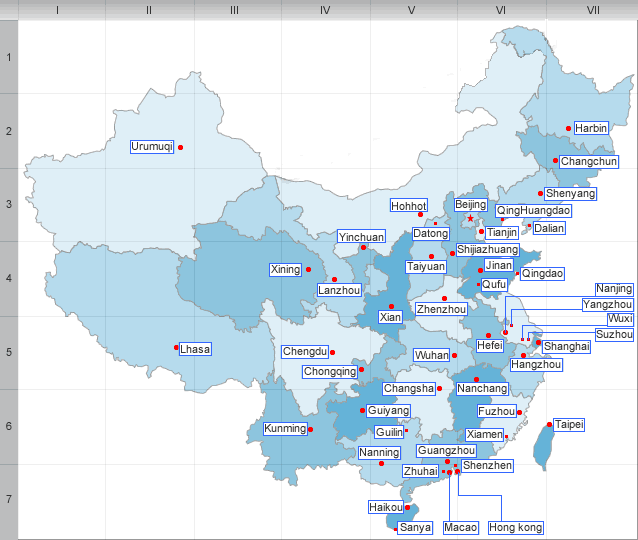Economy,Ethnic group and Culture of Gansu
Economy
Agricultural production includes cotton, linseed oil, maize, melons (the Bailan melon is well known in China), millet, and wheat. Gansu is known as a source for wild medicinal herbs which are used in Chinese medicine.
However, most of Gansu’s economy is based on mining and the extraction of minerals, especially rare earth elements. The province has significant deposits of antimony, chromium, coal, cobalt, copper, fluorite, gypsum, iridium, iron, lead, limestone, mercury, mirabilite, nickel, crude oil, platinum, troilite, tungsten, and zinc among others. The oil fields at Yumen and Changqing are considered significant.
Industries other than mining include electricity generation, petrochemicals, oil exploration machinery, and building materials.
Ethnic group
Most of the population of Gansu is the Han ,other minorities include the Hui, the Tibetan,the Dongxiang, the Tu, the Manchu, the Uyghur, the Yugur, the Bonan,the Mongolian,the Salar, and the Kazakh.
Culture
Most of the inhabitants of Gansu speak dialects of Northern Mandarin Chinese. On the border areas of Gansu you may hear Amdo Tibetan, Mongolian, and Kazakh.
The cuisine of Gansu is based on the staple crops grown there: wheat, barley, millet, beans, and sweet potatoes. Within China, Gansu is known for its pulled noodles, and Muslim restaurants which feature authentic Gansu cuisine are common in most major Chinese cities.
| PREV:History and geography of Gansu | Next:History of Sichuan |



